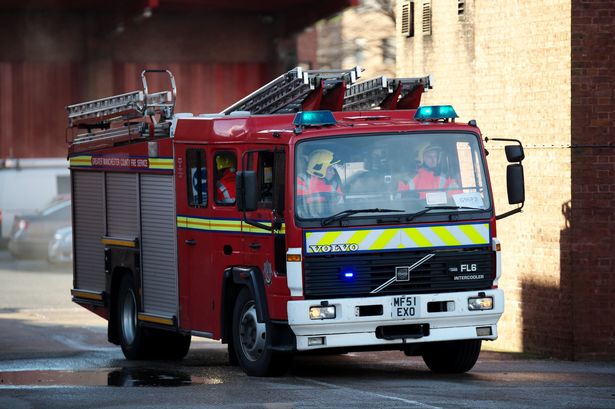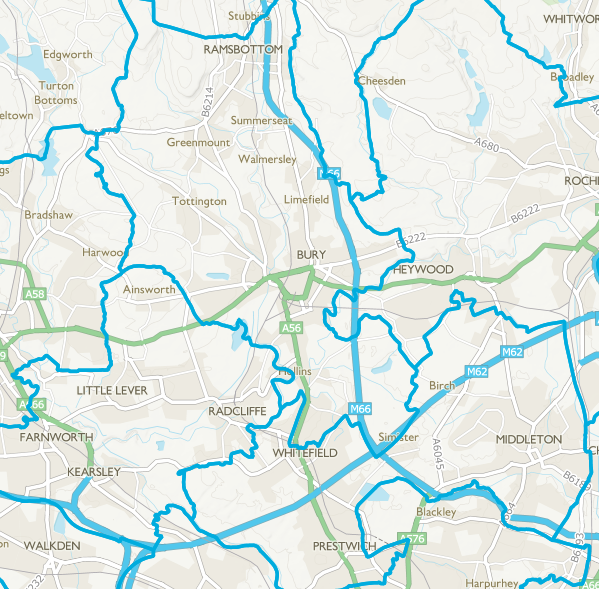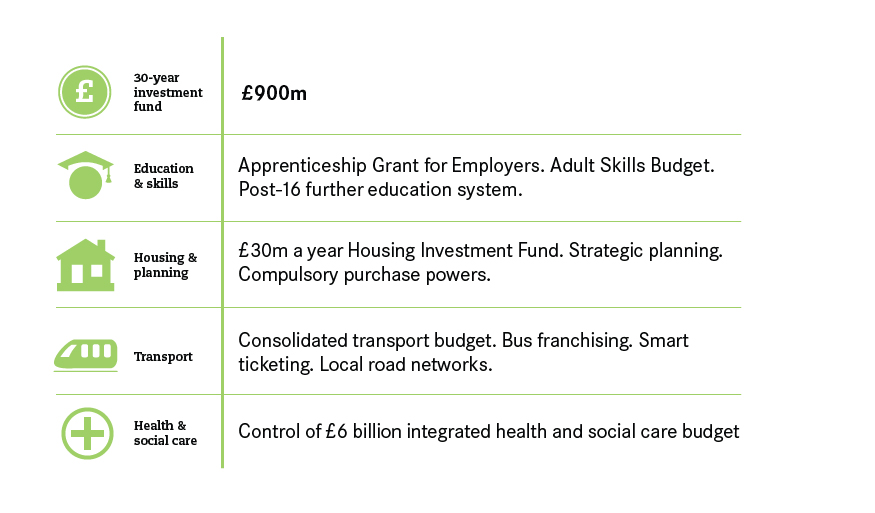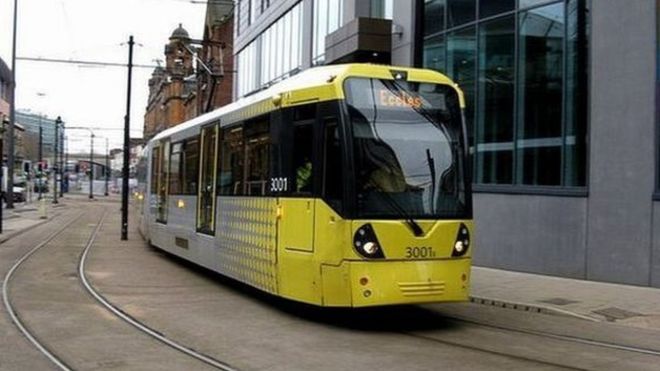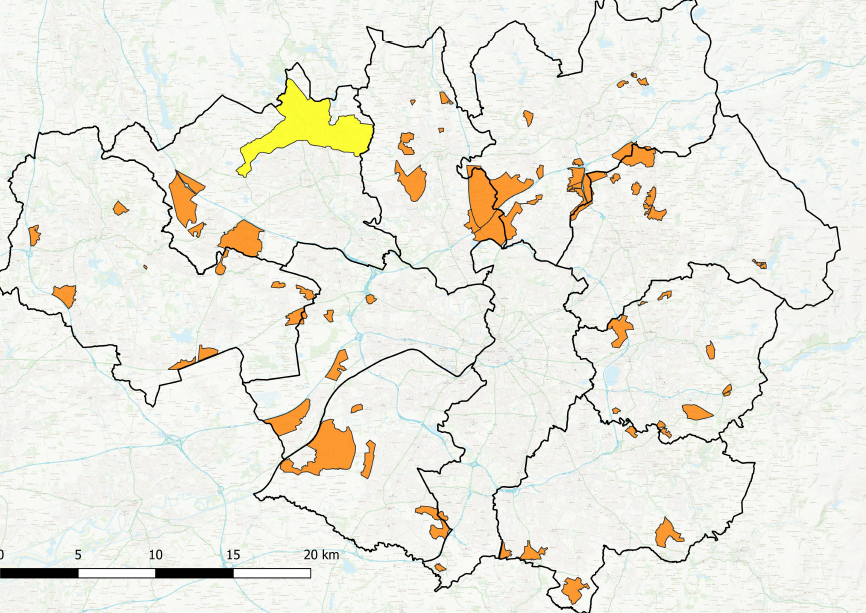Last month saw the second meeting of the new Greater Manchester Combined Authority Scrutiny Committees.
A scrutiny process is established in the laws which establish the city region Mayor (Andy Burnham), and in Greater Manchester these are just now taking shape. Three Scrutiny Committees have been established, each is made up of 15 councillors from across Greater Manchester (11 Labour, 3 Conservative and 1 Lib Dem). Under the legislation the Chair has to be from a political party that is different from the elected Mayor, so that is two conservatives and one Lib Dem.

Councillor Tim Pickstone is the Liberal Democrat on the Corporate Issues and Reform Scrutiny Committee, and one of two Bury councillors on that Committee (the other being East Ward Labour Councillor Stella Smith).
The first meet was mostly training, so this second October meeting was the first meeting getting down to business. The main issues considered were:
Greater Manchester Living Wage
The Mayor was there to discuss the proposal for Greater Manchester Combined Authority to sign up to the Living Wage Foundation’s ‘real’ living wage as an Employer.
Outside of London, the Living Wage Foundation’s ‘real’ Living Wage is set at £8.45 per hour and is reviewed and changed annually. By contrast, the National Living Wage is the legal minimum payable to those over the age of 25 and is set by Government. The National Living Wage is currently £7.50 per hour.
The idea is that the Combined Authority should ‘lead by example’ and become Living Wage accredited in order to encourage other employers to adopt this standard themselves.
The Accreditation would only apply to the staff currently directly employed by the Combined Authority (which is not that many at present), and also Greater Manchester Fire (and Waste from next year). At present there are hard any directly affected staff that are not already paid the ‘real’ living wage level, but the accreditation also applies to sub-contractors, so the CA would need to work with some contractors (e.g. secturity or cleaning companies which it contracts with) so they can comply as appropriate.
For me one issue which we do need to address is the significantly lower minimum wages which are currently allowed for people under 25 (e.g. £5.60/hour for 18-20 year olds or £3.10/hour for apprentices) which will be making it very difficult for young people to access bigger items like housing.
The proposal has since been agreed by the GMCA Executive. More information on the Living Wage Foundation here.
Future Work Programme
Much of the rest of the meeting was to determine which issues the Committee is going to Scrutinise at it’s monthly meetings going forwards.
The main role of this committees is to look at some of what are called ‘cross-cutting’ themes that the Combined Authority is dealing with.
The biggest one of these is around ‘School Readiness’. This is a particular issue for Greater Manchester because we are as a region significantly behind the national average – the percentage of children age 5 achieving a Good Level of Development (GLD) in 2015 at 62.4% compared to 66% nationally. Almost two in every five children in GM do not reach a GLD this increases to one in every two children in receipt of free school meals and one in five children with Special Educational Needs and Disability (SEND). This is going to be a significant agenda item for the Committee in future months.
The second issue which we need to focus on is around budget and money, and the Committee received a briefing on GMCA budgets across the different GM authorities (Fire, Police, Waste, Transport etc) and agreed a plan to provide proper scrutiny at meetings running up to the 2018-19 budgets.
The papers for the meeting are here.
More information please ask – tim@burylibdems.net

